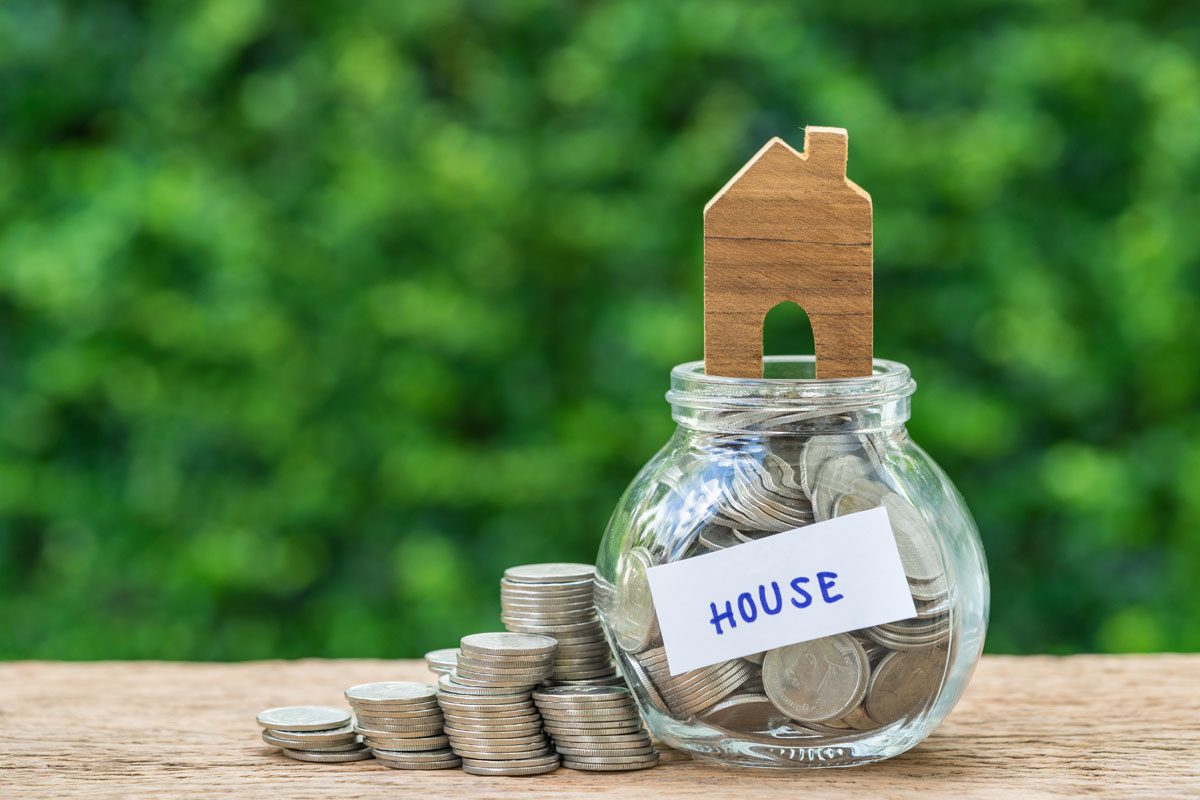4 Factors to Determine Whether You Should Rent or Buy a Home
How many times have you been told that renting is just throwing your money away? Or what about all the warnings of how dangerous it can be to buy a home when you’re underprepared? The question of to rent or to buy will always be a challenging one, but we’ll help you tackle it.

Buying a home can make a lot of sense if you’re in the right state financially, and it may have worked out amazingly for family and friends, but you have a hundred of your own factors to consider in making this big decision. So, while owning a home is top on the list of personal goals among many adults in the United States, despite the housing market crisis in 2008, renting could be the better decision when it comes to your wallet and your personal and professional life. So, what are all those factors that influence your decision?
1. Will you move in the next 5 years?
Nowadays, people are very mobile in their careers, especially when they’re younger and just starting out. Often, the way to move up the latter is to move companies and that could mean moving farther than you’d like to commute. Not only is it annoying to be stuck in traffic for hours, causing unnecessary stress and wasting your time, but that longer commute also costs some extra bucks, which is easy to forget.
Consider your personal life, too. Some people may move for their careers, but others move for love. *Cue romantic music.* But seriously, it happens all the time that people in their twenties will relocate for that special someone. Being locked into owning a home might limit those moves necessary to make your relationship work.
But hey, maybe you’re at that point where you’re settled in your life. If your career is stable and you have a spouse and kids, buying a home might be the right decision for you.
The important thing to realize here is that it takes about 5 years for your investment in a home to level out and earn you back money. And on top of that, selling your home can cost time and money, too, with fees for realtors, taxes and fees, and any home improvements to make the home more valuable on the market.
You may be one of those fixer-upper fanatics who wants to buy a house and turn it around in a couple of years, or lease it and become a landlord yourself, but realize that this is a very long-term move.
So just consider your situation fully on whether you want to be planted for the long run, or do some home-hopping.
2. Your finances
Obviously, purchasing a home is a huge financial commitment. So, how’re your finances looking?
Your credit score plays a huge role in, well, almost everything in life, but especially here when it comes to getting a mortgage on your dream home. As much as we’d all love to be able to just sign some papers and walk away with a house, most of us don’t have that kind of money just sitting in our wallets ready to go. So, you’ll take out a loan, but with a low credit score, the interest rates on that loan could go through the roof. In that case, it’s easier to rent.
On a similar note, if you’re not able to make a 20% down payment on the home - that is, paying 20% of the value of the home while paying off the rest of the loan overtime - then renting may again be something to consider. 20% may sound like a big number, but paying less than that means you’ll have to pay mortgage insurance which adds up to about an extra $50 to $500 a month depending on the cost of your home and the loan you take out. Those fees on top of the loan payments and interest could quickly add up to be too much. Not to mention, life happens.
When you own less than 20% of your home and a financial emergency changes thing for you, you could end up losing more than you earn in the selling process.
3. The housing markets
Timing is everything, and that statement holds true to buying a home. The housing market ebbs and flows. There are times to buy, and times to wait it out a little. You could find yourself looking at homes that seem way out of your price range for the quality, and then you get stuck paying more on repairs once you move in.
Consider the location you live in, too, because in many cities it will be cheaper to buy than rent, believe it or not.
Cities like Miami, Detroit, Chicago, Philadelphia, Tampa, Pittsburg, Cleveland, Cincinnati and Orlando favor home ownership. In contrast, if you're planning on moving to California, you might want to stick with renting, because most that is a well known expensive housing market.
The cities in which it’s cheaper to rent than own a home include San Francisco, San Jose, Seattle, San Diego, Sacramento, Los Angeles, and more. However, if you’re willing to pay the price premium, you may prefer the other benefits to living in those more expensive cities.
It’s all up to you and what you’re looking for (and what you’re able to afford) in a place to call home.
4. Are you ready for it?
Think about it: owning a home is a big commitment, and you’re going to be responsible for all the upkeep. It isn’t glamourous. When you rent, it’s all your landlord’s problem. But maybe you like to keep busy, and maintaining the upkeep of a home actually sounds like a nice project for you, in which case, more power to you.
Another thing - are you ready to commit to being locked down in a home? When you own a home, you may find it more difficult to do things like travel, where renting may provide you with more freedom. But this goes along with whether or not you are settled down with a family as well.
Overall, here are the key things to takeaway when deciding whether to rent or buy your future home:
- If you expect to be mobile in your career or your personal life: Rent.
- If you’re settled down into a stable job and have a family: Buy.
- If you have a good credit score and can afford to make a 20% down payment on the home: Buy
- If your finances aren’t looking as hot: Rent.
- If you live in an insane housing market: Rent.
- If you’re not ready to be a homeowner: Rent.
Hopefully these are questions that will help you determine what the best choice for you is.
Remember to re-evaluate as your life stage and needs change, but whatever you do, always be in “ready” mode. Why? Because you don’t want to miss a great opportunity should it come around. And being financially ready is always a great thing to be anyway.





